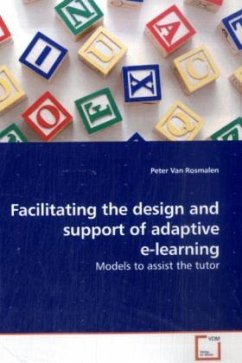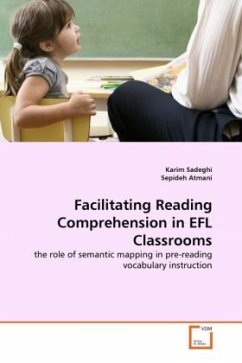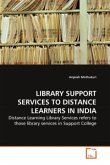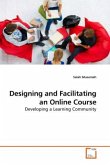Over the last decade, the use of e-learning has become widespread. However, its further development and deployment faces a number of threats. Firstly, in order to meet the increasing demands of learners, staff have to develop a complex variety of learning activities that, in line with contemporary pedagogical models, adapt to the learners individual needs. Secondly, staff have only limited time to support learners. In this book two models are discussed that each address one of these needs. The first model focuses on how to support the design task of staff. It explores the use of e-learning standards and agent-based adaptation services to alleviate the design. The second model focuses on how to ease the support task. It discusses the use of natural language processing in combination with a focused, active involvement of peer-students. The book describes multidisciplinary approaches to using computers in education and should help to give insight in the latest advancements and challenges. It should be especially useful to professionals who want to get a flavour of the application of recent technologies and for researcher who are interested in a coherent overview of this area.
Bitte wählen Sie Ihr Anliegen aus.
Rechnungen
Retourenschein anfordern
Bestellstatus
Storno








